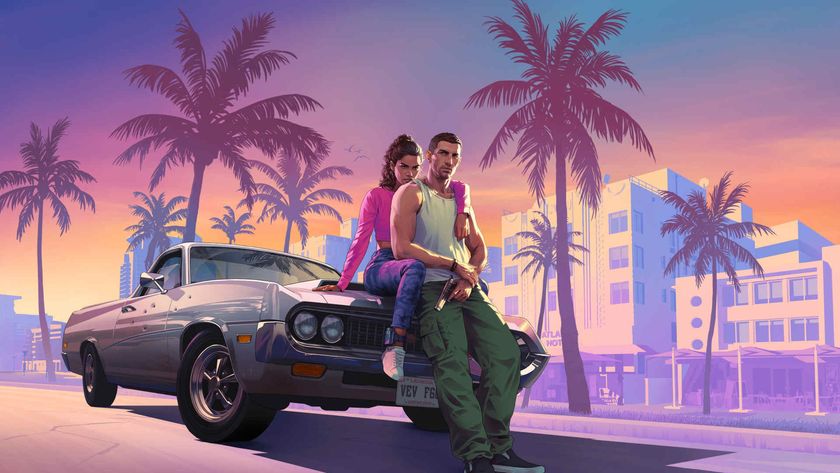I've not stopped thinking about Metaphor: ReFantazio's perfect ending since I rolled credits, and I'm not sure I ever will
Opinion | Metaphor: ReFantazio's ending makes the JRPG's story truly phenomenal
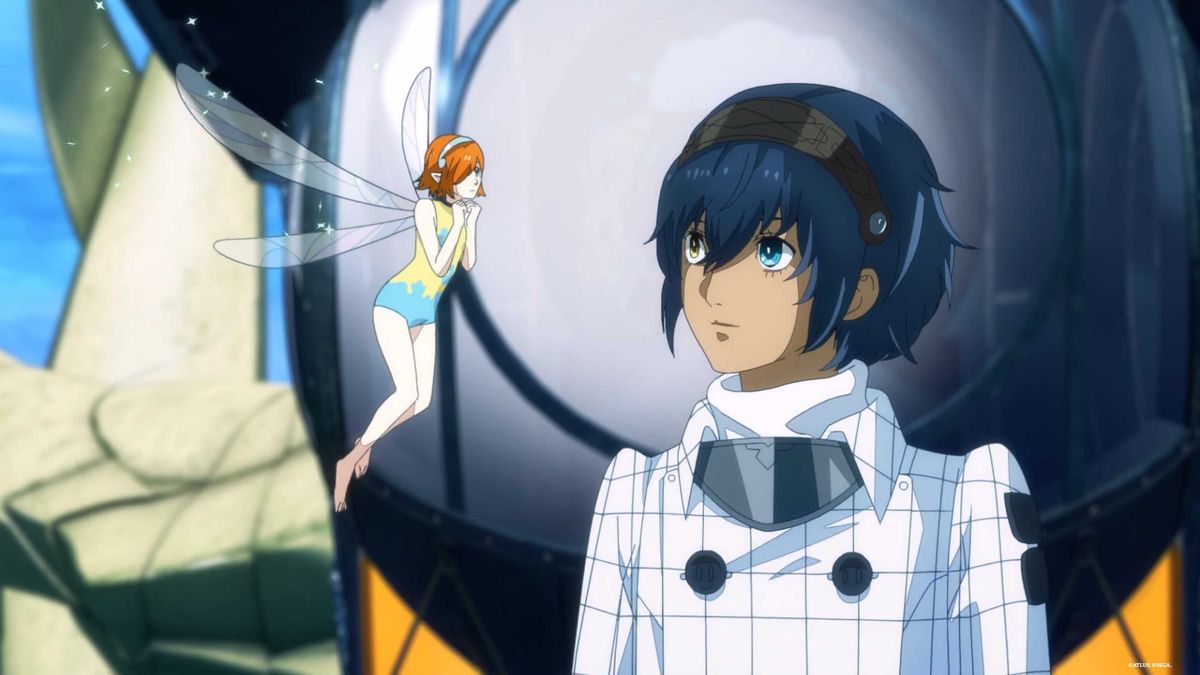
Metaphor: ReFantazio does a lot of things right. Like, a lot. As it stands, it's comfortably my game of the year, and since rolling credits I've been desperately trying to work out where it ranks in the list of my favorite games of all time, because oh boy is it up there. Its spectacular storytelling is a large part of why I gave it four and a half stars out of five in my Metaphor: ReFantazio review, but if I was scoring the whole JRPG based on its ending alone, it would have walked away with an easy perfect score. Warning: spoilers for the ending of Metaphor: ReFantazio ahead.
A work in progress
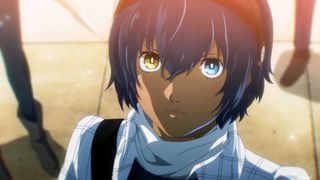
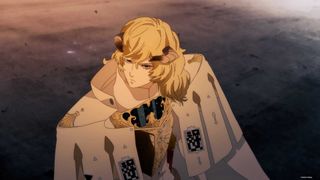
Some of Metaphor: ReFantazio's finale could be considered pretty predictable, not that that's a bad thing. After months of hard work, determination, and a feast of final boss battle phases, the villainous Louis is defeated, and our dear protagonist wins the hearts of enough people to be declared king of Euchronia. Yay! It would have been a perfectly pleasant ending to have wrapped things up immediately after the coronation cutscene, but Atlus went a step further to add just a little more content to give us all a bit of insight into the country's future, with an epilogue set a year after the crowning of the new king. What I wasn't expecting was that this future isn't actually a perfect one at all. Or at least, not yet.
Throughout the game, the themes of discrimination and prejudice between Euchronia's various tribes are front and center. Playing as someone from the Elda tribe who faces more of this discrimination than anyone else, it's made even more apparent how deep-rooted these problems are. Citizens hurl insults, attempt to stop the protagonist from entering certain establishments (like the Igniter shop and tavern in Grand Trad), and express their immediate dislike for him even when he's just minding his own business. It's an awful reality, and obviously something that the protagonist strives to change as king – to create an equal society for all, not just those with horns or long ears.
But does this happen overnight? Absolutely not. Even if the protagonist winning the favor of the public in the first place is proof that plenty of the population was able to accept an Eldan king, but that doesn't mean that everyone has. Over a year on from the coronation, when talking to the Nidia follower Alonzo, we discover that since taking the throne, the protagonist has been met with plenty of "loud" critics who are "open with their barbs" – even our hero admits that it's been a "tough" first year. Our loyal party member Heismay – a Eugief who also faces discrimination in Euchronian society – becomes a knight-commander following the coronation, and acknowledges that he too faced "some opposition" at first, even if more people have "gradually" come around to him holding the position.
It's a sad state of affairs, but reflects a reality that's been reiterated time and time again throughout the rest of the lengthy story. Prejudice between the different tribes is so deeply ingrained that it'd be arguably unrealistic for every single citizen to have completely moved past it in just a year. In fact, it'd undermine this central theme and the struggles of those persecuted characters if it was suggested that a switch could be flicked to overcome an issue like that so quickly.
Hope on the horizon
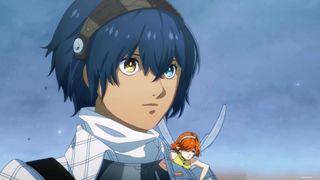
Other elements also illustrate that despite bringing in a fresh, fair monarch, not everything can be fixed overnight. We learn that outside the capital, there are still monstrous humans lurking – an ongoing threat that didn't just vanish into thin air. And while the cathedral in Grand Trad might have been repaired after it was unceremoniously wrecked near the start of the JRPG, other things can't be healed so easily. Wandering the streets during the epilogue, you come across an unnamed NPC who appears to be suffering from PTSD from the terrifying events that happened the year prior. His companion reassures him that everything is alright now, but it's clear that the trauma is still fresh for him – and likely other citizens, too.
Despite all this, however, Metaphor: ReFantazio's ending is one that instills hope. No, things aren't perfect, but they were never going to be immediately. As he walks around the capital, talking to his friends and the citizens, the protagonist reflects on the work that must be done in order to bring his vision to life – something he's aware will take time, but something he's ever-prepared to strive for. We see his internal monologue, which acknowledges that there's "more optimism in the world," but "it will take more than that to effect true change." That "the world is slow to change," but that he can't allow his beliefs or ideals to waver. Perhaps most importantly, he believes: "Even the most far-away future begins with the belief that it can be realized. So I'll press onward. That's the best I can do."
Sign up to the 12DOVE Newsletter
Weekly digests, tales from the communities you love, and more
"Even the most far-away future begins with the belief that it can be realized. So I'll press onward. That's the best I can do."
Metaphor: ReFantazio's protagonist
All this, in combination with the prior acknowledgement that the 'fantasy world' in the protagonist's beloved novel – AKA our own reality, long before magic was discovered and changed the world as we knew it – was never a utopia like our hero first believed, is what makes this ending so impactful to me. It's in equal parts grounded and optimistic. It doesn't dismiss the ongoing struggle for a fairer society that we can see reflected in our own world, but also offers the hope of the idea that even a fantasy can become reality if true belief and action are put behind it. At the end of the credits, the player is directly spoken to one last time by More – the former king, and the same guy who called to us at the start of the adventure, who really drives this point home. "I hope the promise of our world echoes in you," he says. "With all my heart, I hope that fantasy gives you strength."
For more games like Metaphor: ReFantazio, be sure to check out our roundup of the best JRPGs.

I'm one of 12DOVE's news writers, who works alongside the rest of the news team to deliver cool gaming stories that we love. After spending more hours than I can count filling The University of Sheffield's student newspaper with Pokemon and indie game content, and picking up a degree in Journalism Studies, I started my career at GAMINGbible where I worked as a journalist for over a year and a half. I then became TechRadar Gaming's news writer, where I sourced stories and wrote about all sorts of intriguing topics. In my spare time, you're sure to find me on my Nintendo Switch or PS5 playing through story-driven RPGs like Xenoblade Chronicles and Persona 5 Royal, nuzlocking old Pokemon games, or going for a Victory Royale in Fortnite.
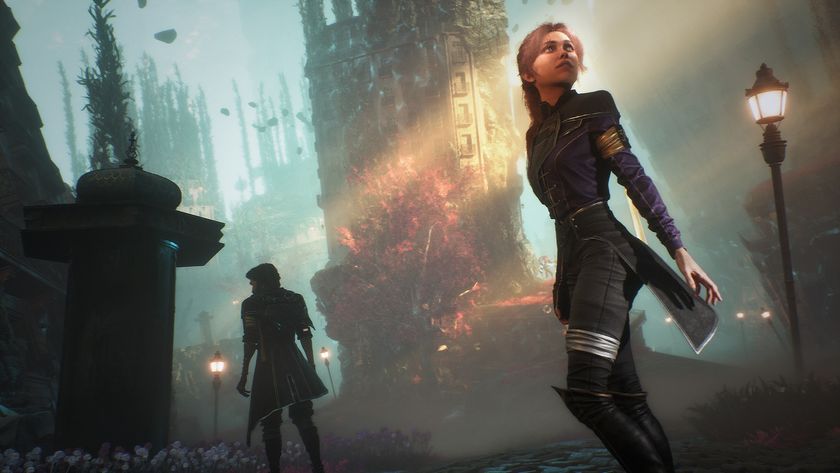
It's not just your favorite JRPGs, Clair Obscur: Expedition 33 takes notes from Studio Ghibli movies like Spirited Away and Howl's Moving Castle too
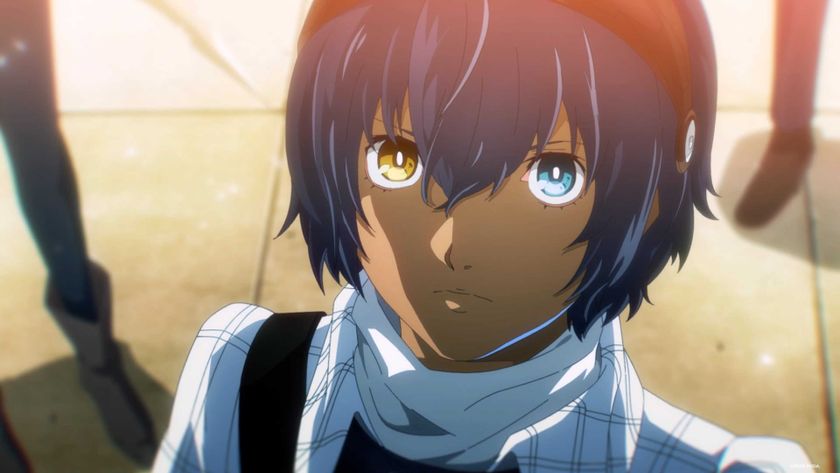
The lead UI designer on Metaphor: ReFantazio had never designed for a game before – he just rolled up and made some of the best UI I've ever seen in a JRPG
